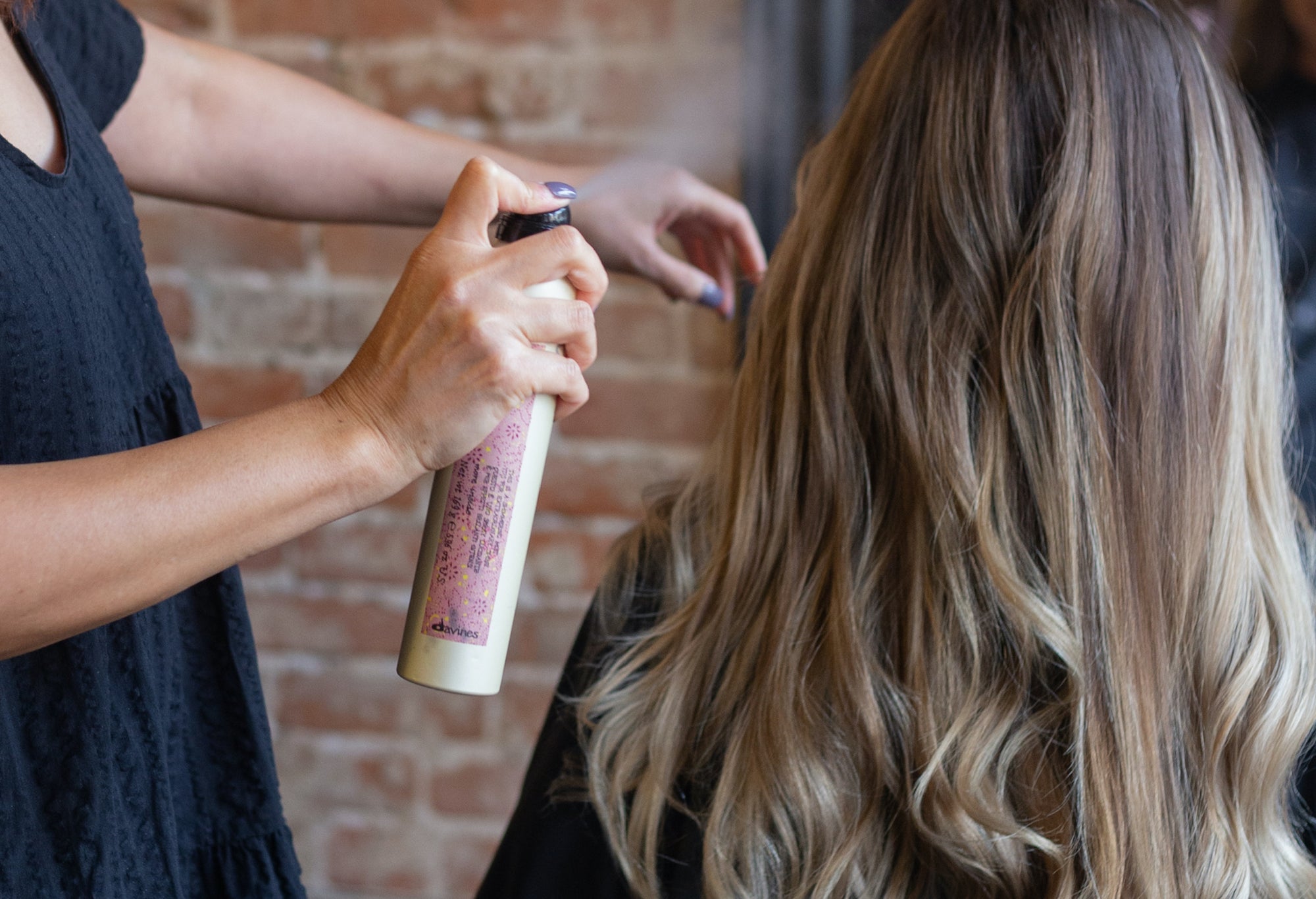
Causes of Hair Loss at the Age of 16
Hair loss at the age of 16 is not uncommon, but it can be concerning. There are a number of factors that can contribute to hair loss in teenagers, including genetics, hormones, stress, and medical conditions.
Genetics
The most common cause of hair loss in teenagers is androgenetic alopecia, also known as male-pattern baldness or female-pattern baldness. This is a genetic condition that is characterized by gradual hair loss over time. It is caused by a sensitivity to the hormone dihydrotestosterone (DHT), which is a derivative of testosterone. DHT can shrink the hair follicles and shorten the hair growth cycle, leading to thinner hair and eventually baldness.
Hormones
Hormonal changes during puberty can also lead to hair loss in teenagers. As teenagers go through puberty, their hormone levels fluctuate, which can cause hair follicles to go into the telogen (resting) phase early. This can lead to temporary hair loss, which is usually not a cause for concern.
Stress
Stress can also trigger hair loss in teenagers. When teenagers are stressed, their bodies release a hormone called cortisol. Cortisol can cause hair follicles to go into the telogen phase early, leading to hair loss.
Medical conditions
Certain medical conditions can also cause hair loss in teenagers, such as:
- Alopecia areata: This is an autoimmune disorder that causes hair loss in clumps.
- Thyroid problems: An overactive or underactive thyroid can cause hair loss.
- Lupus: This is an autoimmune disorder that can cause hair loss on the scalp and other parts of the body.
- Polycystic ovary syndrome (PCOS): This is a hormonal disorder that can cause hair loss in teenage girls.
- Eating disorders: Eating disorders such as anorexia nervosa and bulimia nervosa can cause hair loss due to malnutrition.
- Medications: Certain medications, such as chemotherapy drugs and blood thinners, can cause hair loss as a side effect.
Signs and symptoms of hair loss in teenagers
The most common sign of hair loss in teenagers is thinning hair on the scalp. Other signs and symptoms may include:
- Clumps of hair falling out
- Bald patches on the scalp
- Receding hairline
- A widening part in the hair
- Hair loss on other parts of the body, such as the eyelashes or eyebrows
Treatment for hair loss in teenagers
Treatment for hair loss in teenagers depends on the underlying cause. If the hair loss is caused by genetics, there is no cure. However, there are treatments that can help to slow down hair loss and promote hair growth. These treatments include:
- Minoxidil (Rogaine): This is a topical medication that can help to slow down hair loss and promote hair growth.
- Finasteride (Propecia): This is an oral medication that can help to slow down hair loss and promote hair growth in teenage boys.
- Hair transplant surgery: This is a surgical procedure that can be used to restore hair to areas of the scalp that have been affected by hair loss.
If the hair loss is caused by a medical condition, such as thyroid problems or PCOS, treating the underlying condition may help to improve hair growth. If the hair loss is caused by a medication, your doctor may be able to switch you to a different medication that does not cause hair loss.
Tips for managing hair loss in teenagers
If you are a teenager experiencing hair loss, there are a few things you can do to manage it:
- Use a gentle shampoo and conditioner: Avoid using shampoos and conditioners that contain harsh chemicals, such as sulfates and parabens.
- Be gentle with your hair: Avoid brushing or combing your hair too vigorously.
- Limit your use of heat styling tools: Heat styling tools can damage hair and lead to hair loss.
- Get regular trims: Regular trims can help to remove split ends and prevent further hair breakage.
- Eat a healthy diet: Eating a healthy diet can help to promote healthy hair growth. Be sure to include plenty of protein, iron, and zinc in your diet.
- Manage stress: Stress can trigger hair loss. Find healthy ways to manage stress, such as exercise, yoga, or meditation.
If you are concerned about hair loss, talk to your doctor. They can help you to determine the underlying cause of your hair loss and recommend the best treatment options.


